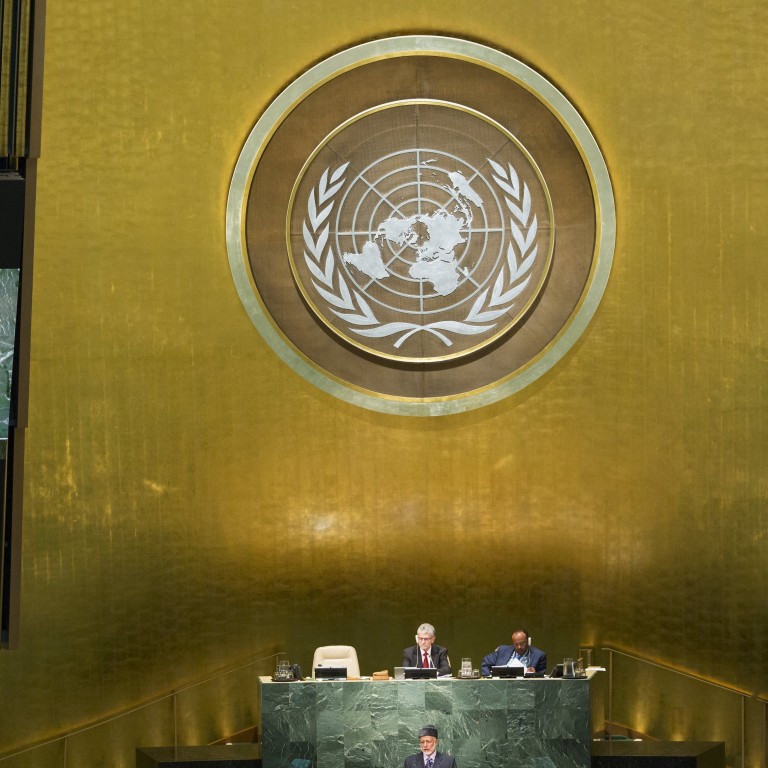
The United Nations remains the best hope for change
Seventy years this month after it was founded, the United Nations remains the best hope of resolution of conflict and alleviation of suffering through international cooperation.
Seventy years this month after it was founded, the United Nations remains the best hope of resolution of conflict and alleviation of suffering through international cooperation. As is often said, if we did not have the UN we would have to invent it. Yet its failings are manifest, and nowhere more so than as a peacemaker or keeper or as a paragon of the values it should exemplify, like clean government and accountability. Rather, a Security Council seen by many UN member nations to be undemocratic often makes a mockery of its name, most recently with its indecision over Syria. A bloated bureaucracy covers up graft and incompetence and refuses to open its books.
And yet, again, there is no question it has saved hundreds of millions from poverty, treatable disease and starvation. Unicef has brought hope to millions of children through education. UN development programmes have helped put fragile, newly independent nations on their feet. Its human rights arm is at work now among the waves of refugees trying to enter Europe.
It is in the spirit of these achievements that heads of state gathered at the 70th general assembly to adopt the post-2015 development agenda. An extension of the Millennium Development goals which expire this year, the agenda of 17 Sustainable Development Goals has 160 targets to be achieved by 2030, from eradicating poverty to spreading education to preserving the planet to reducing equality.
As the organisation redefines its role in the 21st century, its imperfections and failings underscore a divide between rich nations who see it as bloated and inefficient, and developing nations who regard it as undemocratic. If we were to reinvent the UN now, surely we would address the bureaucracy of more than 30 agencies and funds and a secretariat of more than 40,000, and an administrative budget of US$5 billion a year. That does not include peacekeeping costs of US$9 billion and contributions from governments towards disaster relief, development and child welfare. To address the irrelevance of the Security Council dominated by five veto-wielding nations, a way must sought to empower more developing countries, including African countries, to make it more efficient.
Above all, the organisation must not lose sight of the abiding truth that the unprecedented reduction of poverty, the basic building block of peace and prosperity, owes more to better governance and market-oriented economies than the global bureaucracy its ideals have spawned.

